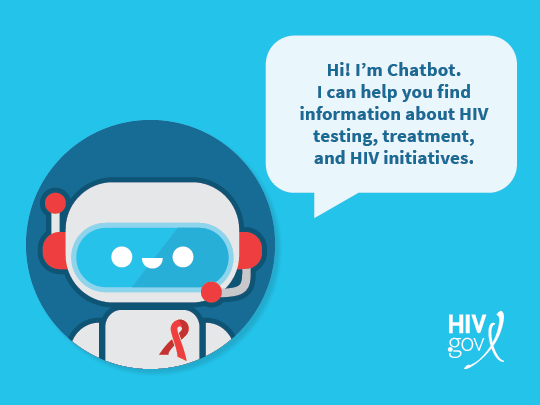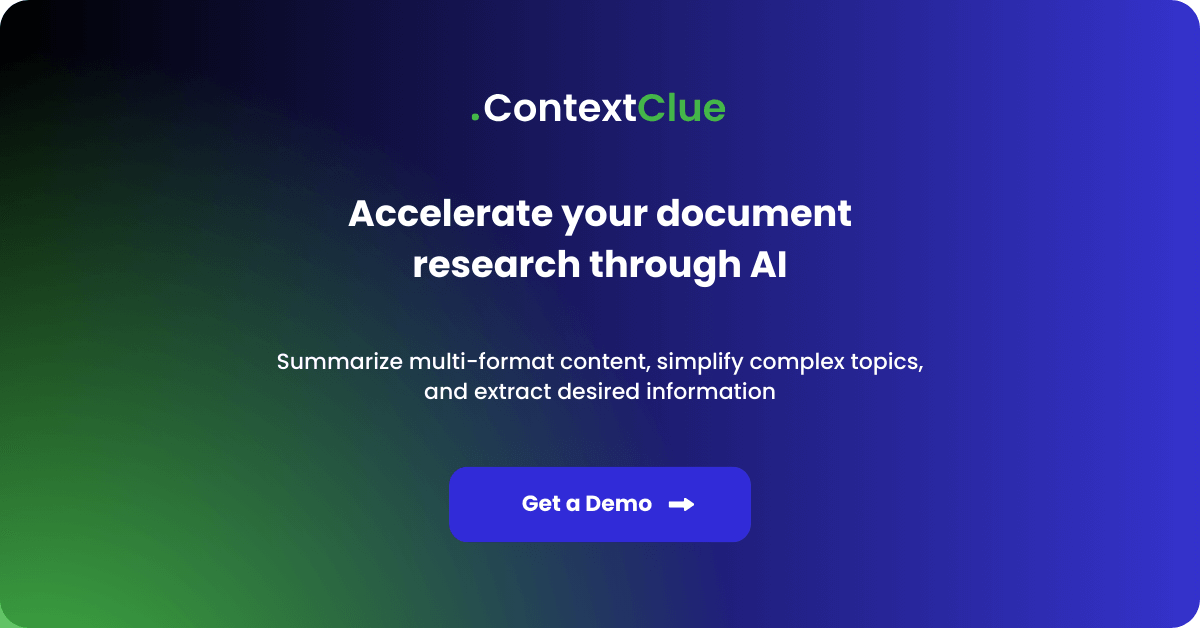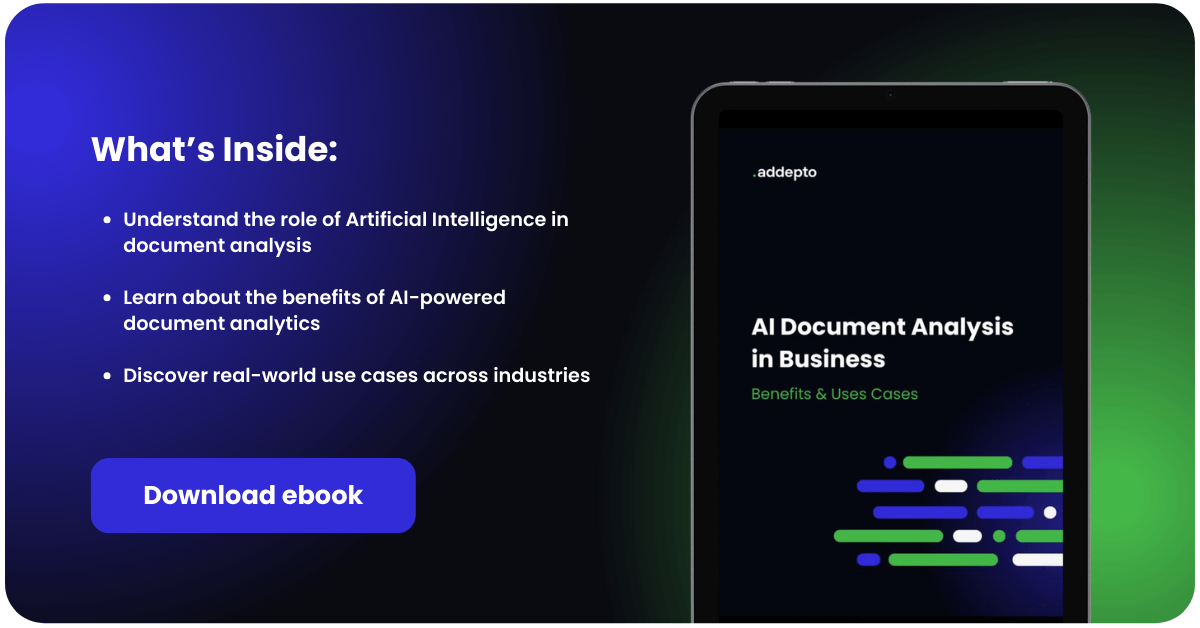
July 29, 2021
Impact of artificial intelligence in everyday life
Author:

CSO & Co-Founder
Reading time:
5 minutes
Today, AI is by no means limited to R&D departments and super-advanced technological companies. Intelligent solutions are becoming common, and the impact of artificial intelligence in everyday life is significant, to say the least. And to prove that point, we are going to show you four uses and applications of artificial intelligence in the 21st century that almost every individual can benefit from. Does it sound interesting to you? Let’s get started!
It will be no exaggeration to say that artificial intelligence in the 21st century is literally everywhere. Smart solutions are present in marketing, manufacturing, business, and education. Sometimes, we don’t even realize they are there. That’s because modern AI doesn’t necessarily look like in sci-fi movies. There are no intelligent robots walking on the streets (yet!). Primarily, that’s because today, AI has a different purpose. And that is to make our life and work more effective and quicker. But let us be more specific and see what’s the impact of artificial intelligence in everyday life.
Find out more now: Artificial Intelligence Consulting
Take your business’s document analysis to the next level with Addepto’s AI Text Analysis Tool.
Chatbots
Likely, you’ve already seen and probably even used one. Chatbots are based on something called conversational AI. This subfield of artificial intelligence is all about developing smart assistants that can answer user queries 24/7 without involving human consultants. Chatbots and voicebots have but one purpose–communicate like humans. In order to make that happen, a lot of cutting-edge technology is necessary. We’re talking especially about text recognition, understanding of customer’s intents, knowledge of various languages, and responding to non-standard queries.
Of course, it’s challenging to say the least. But AI companies have made some serious progress over the past years, and today, we’re on the verge of Super Smart Chatbots[1]. SSCs will shortly not only understand what your customers are asking about but generate a coherent, natural response. Moreover, it will be soon possible thanks to advancements in technologies like deep learning, reinforcement learning, and NLP.
Example: A chatbot made for the US department of health and human services [2]
In June 2021, this American agency announced about launching a new chatbot for the HIV.gov website. Users can use this service to search for HIV-related information by asking questions and engaging in a conversation. Additionally, that chatbot answers the majority of queries without the need to involve human consultants.
 Source: hiv.gov
Source: hiv.gov
Cybersecurity
You may not know that, but today, almost every decent antivirus software uses AI-fueled solutions. For example, there was this high-profile case back in 2018 when Microsoft Defender blocked a malware attack in an attempt to install malicious cryptocurrency miners. In just 12 hours, cybercriminals tried to attack nearly half a million systems[3]. Moreover, Defender managed to block that attack, partly because it uses advanced AI technologies, especially machine learning to improve its defenses and accuracy.
Naturally, MS Defender is not the only example. In our recent article about machine learning in cybersecurity, we showed you another antivirus software that uses ML–Kaspersky. Kaspersky uses machine learning, as well as deep learning in order to achieve three major objectives:
- Low false positive rate
- Interpretability of a model
- Robustness to a potential adversary
Search by image
It’s an intelligent solution that uses computer vision (yet another subset of AI) and machine learning in order to analyze the picture and find similar results on the web or in a specific online store. So, you can take a picture of a purse or a jacket that you’ve seen somewhere and use it to find and purchase the same product online.

For example, that’s how Google Lens works. This app simply detects an object that you’re aiming at with your camera, interprets it, and provides you with the most accurate results. In 2017, eBay announced a similar tool called Find It On eBay. The e-commerce world quickly followed them, and today, we can find such solutions, i.a. on Shopify, Magento, Aliexpress, or SimiCart.
Smart cars
Artificial intelligence has been in modern cars for some time now. It all started with smart driver’s assistants. Such systems continually monitor the car’s immediate surroundings and provide the driver with the necessary information or alert them in case of an emergency. Today, it goes further, and modern cars can even park themselves. Take a look at this amazing video of Audi Q7 parking all on its own in an airport car park:
Read more about Artificial Intelligence in self-driving cars
As you can see, the impact of artificial intelligence in everyday life is significant, to say the least. AI exponentially grows, and we can expect to see more AI-powered solutions shortly. In the meantime, we invite you to take a look at artificial intelligence consulting services. And just give us a call!
References
[1] IT Jungle.com. On Your iRadar: Super Smart Chatbots. URL:https://www.itjungle.com/2021/04/28/on-your-iradar-super-smart-chatbots/. Accessed July 15, 2021.
[2] HIV.gov. HIV.GOV Launches New Chatbot Tool. URL:https://www.hiv.gov/blog/hivgov-launches-new-chatbot-tool. Accessed July 15, 2021.
[3] Forbes.com. Microsoft Saves 400,000 Windows Users From A Malicious Cryptocoin Miner. URL: https://www.forbes.com/sites/leemathews/2018/03/08/microsoft-saves-400000-windows-users-from-a-malicious-cryptocoin-miner/?sh=d43da8e46a67. Accessed July 15, 2021.
Category:






